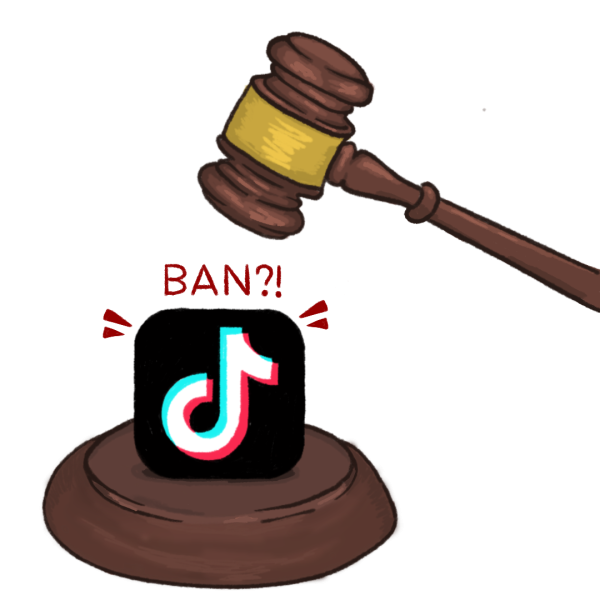Don’t tell me how to feel
November 16, 2021
The double-edged sword of emotional intelligence is a weapon that so many people don’t even realize they wield.
The Oxford Languages Dictionary, defines emotional intelligence as “the capacity to be aware of, control, and express one’s emotions, and to handle interpersonal relationships judiciously and empathetically.” Looking at this definition, you can probably start to ask yourself how such a thing can be used against you. Emotional intelligence is a wonderful thing — it has helped me navigate healthily through relationships with friends, family and even myself. It has helped me create beautiful bonds with people and radiate a kindness that I am proud of.
Emotional intelligence also allows me to be vulnerable when it’s appropriate and listen to other’s grievances without it hurting me in the process. Overall, emotional intelligence is more like a virtue or a skill than a weapon.
Why then, have I encountered so many people who use it as such? If you’ve ever been friends with someone who has eyes that have seen too much or have shoulders that sag with heavy emotional baggage, you might have noticed that sometimes, their words cut deep. Sometimes they resonate, other times they just hurt. This may or may not be intentional, but the feelings still stand. The reason for this is simple: this is a skill that gives you power. This should be power that is given back to yourself, however, and not one to be held over other people.
Unfortunately, I have met others who use their ability to read people to try to tear me down. I let myself open up and they will quickly psychoanalyze me and shove an unsolicited solution in my face that isn’t even correct.
“You’re just afraid of being alone,” is something someone has once told me.
“You push them away because you’re scared that it’s too real,” is another common statement I get from others.
“You just need to learn how to open up to people. Not everyone is out to get you, you know.”
Imagine someone telling you that they know you better than you know yourself. The problem is, you can never tell! Even emotionally intelligent people sometimes have malevolent intent. Such a skill can come with things like gaslighting, manipulation and even verbal abuse. This is a problem I have seen across all platforms of social media. People are so quick to psychoanalyze strangers on the internet and push their idea that everything is a trauma response to slight discomfort. People learn the intricacies of the brain and the reactions to large — and sometimes overwhelming — emotions, and suddenly, they’re experts.
This comes with a scary realization: there are people who have learned to use vulnerability as a weapon. But as disheartening as this is, it comes with a silver lining: people are paying attention to mental health and emotional vulnerability. A lot of the time, emotionally intelligent people are people who have been hurt and might want to project their feelings onto someone else. While this may not always be the case, it serves some sort of explanation in its stead. As readers, I encourage you to healthily engage in blossoming relationships and friendships, and this can be done by utilizing your emotional intelligence. I ask that people use this skill for good; give people the benefit of the doubt and open your heart and mind to listen to what people have to say. At the end of the day, you can really only take what resonates and leave what does not. People will think and say whatever they want about you, but only you know the truth. Stick to that and all will be well.












